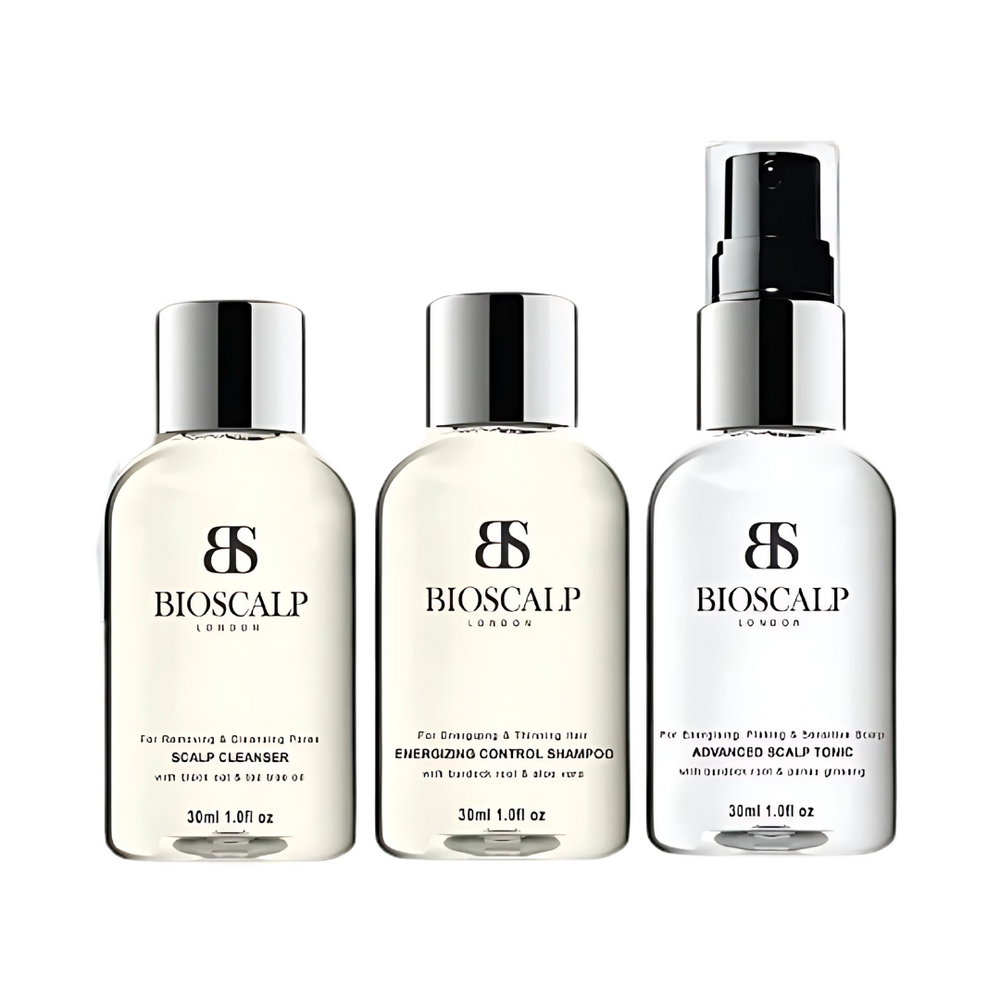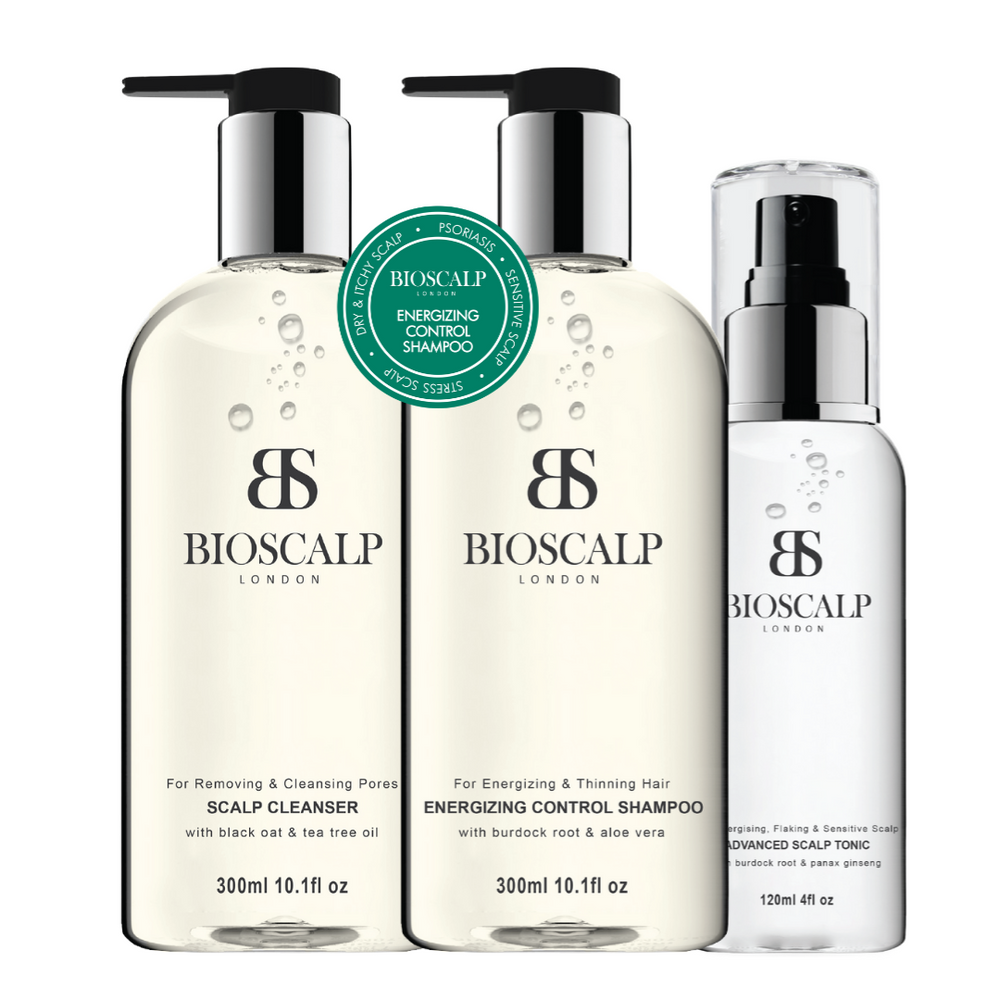Hair loss is a common concern affecting millions of people worldwide. Whether you notice thinning hair, excessive shedding, or bald patches, the desire to restore your locks is universal. The good news? You can take steps to combat hair loss and promote healthy hair growth through natural remedies, lifestyle changes, and targeted supplements. Let’s explore the most effective, holistic approaches to stopping hair loss and improving scalp health.

Nourish Your Hair from Within: Dietary Approaches
Your diet plays a significant role in maintaining healthy hair. A balanced, nutrient-rich diet can strengthen hair follicles and encourage growth.
- Adopt the Mediterranean Diet: A diet rich in raw vegetables, fresh herbs, and olive oil has been linked to improved hair health. These foods provide antioxidants that combat scalp inflammation.
- Increase Protein Intake: Hair is primarily made of keratin, a type of protein. Include lean meats, eggs, fish, beans, and nuts in your diet to support hair structure.
-
Essential Nutrients:
- Vitamin A: Promotes sebum production to keep the scalp hydrated.
- B Vitamins (like Biotin): Vital for hair growth and strength.
- Vitamin C: Boosts collagen production and iron absorption.
- Vitamin D: Helps create new hair follicles.
- Omega-3 Fatty Acids: Encourage scalp health and reduce inflammation.
💡 Tip: Include foods like spinach, salmon, berries, and walnuts in your meals for a nutrient boost.
Embrace Natural Remedies for Hair Health
Nature offers a treasure trove of ingredients that can support hair growth and reduce hair loss.
- Coconut Oil: Prevents protein loss in hair and protects it from damage.
- Rosemary Oil: Studies suggest it may stimulate hair growth by improving blood circulation to the scalp.
- Essential Oils: Peppermint and lavender oils are known for their soothing and regenerative properties.
- Onion Juice: High in sulfur, it can promote hair regrowth and improve scalp circulation.
💡 How to Use: Massage coconut or rosemary oil into your scalp twice a week for optimal results.
Make Lifestyle Changes for Long-Term Results
Your daily habits can significantly impact your hair health. Adopting the right practices can slow down or even prevent hair loss.
Stress Management
Stress is a major contributor to hair loss. Manage stress effectively by:
- Practicing meditation or yoga.
- Engaging in deep breathing exercises.
- Ensuring 7-8 hours of quality sleep every night.
Hair Care Practices
- Be Gentle: Avoid harsh shampoos and chemical treatments.
- Minimize Heat Styling: Limit the use of blow dryers and flat irons, which can weaken hair.
- Scalp Massages: Regular massages improve blood flow to hair follicles, stimulating growth.
💡 Tip: Use lukewarm water when washing your hair to prevent dryness and damage.

Boost Your Hair with Supplements and Nutrients
Sometimes, diet alone may not provide the nutrients needed for optimal hair health. Supplements can fill these gaps and promote stronger, healthier hair.
Key Supplements
- Biotin (Vitamin B7): Strengthens hair and prevents breakage.
- Saw Palmetto: May block DHT, a hormone linked to hair loss.
- Ginseng: Stimulates hair follicles for growth.
- Pumpkin Seed Oil: Rich in fatty acids, it supports hair density.
Essential Nutrients
- Protein: Repairs damaged hair.
- Iron: Prevents hair shedding due to anemia.
- Vitamin D: Encourages the development of new follicles.
- Omega-3 Fatty Acids: Keeps the scalp moisturized and reduces inflammation.
💡 Note: Always consult a healthcare professional before starting any new supplements.
Consistency Is Key
Hair loss solutions often require time and patience. Whichever approach you choose, consistency is critical. Natural remedies, dietary changes, and lifestyle modifications may take weeks to months before showing noticeable results.
Conclusion
Stopping hair loss and promoting healthy hair growth requires a comprehensive approach that combines diet, natural remedies, lifestyle changes, and the right supplements. By taking small, consistent steps, you can improve your hair and scalp health over time.
Remember, every individual’s hair loss journey is unique. Understanding the root cause - whether it’s stress, nutrient deficiencies, or hormonal changes - will help you tailor the best treatment plan for your needs.
Ready to take control of your hair health? Start today with these proven strategies and pave the way for stronger, healthier, and fuller hair!








